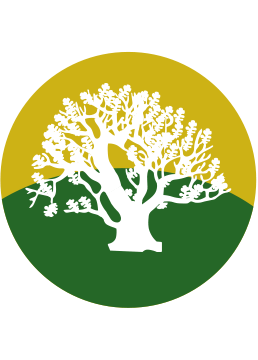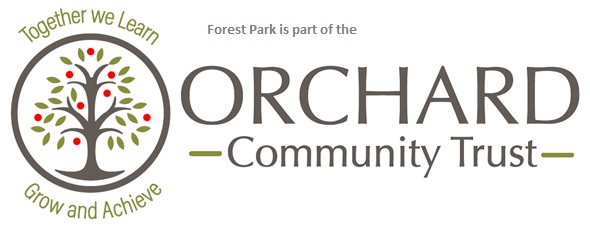British values
Promoting Fundamental British Values
In accordance with The Department for Education we actively promote British values in our school to ensure young people leave us prepared for life in modern Britain. Pupils are encouraged to regard people of all faiths, races and cultures with respect and tolerance, and understand that while different people may hold different views about what is ‘right’ and ‘wrong, all people living in England are subject to its law.
The Key Values are:
-
democracy
-
rule of law
-
individual liberty
-
mutual respect
-
tolerance of those of different faiths and beliefs
At Oakhill Primary School we prepare children for life in modern Britain. The British Values are discussed, emphasised and underpin the ethos and work of our school. Our curriculum and assemblies allow the opportunity to deepen children’s understanding of, and show the importance of British Values.
The school makes considerable efforts to ensure children have exposure to wider experience beyond their local community during which these concepts are shown. This, for example, may be through; sporting events, a range of visits and visitors, and use of outdoor education centres.
Democracy
Democracy is embedded at our school through a range of contexts. Pupils have the opportunity to voice their opinions and ideas through our School Council, who meet regularly to discuss a range of topics regarding our school. The elections of the School Council are based solely on pupil votes, reflecting our British electoral system and demonstrating democracy in action. Pupils are always listened to by adults and are taught to listen carefully and with concern to each other, respecting the right of every individual to have their opinions and voices heard.
Our School Council had the opportunity to refine the school menu to their desired taste. They had a food tasting session and then voted for their favourite options to form the whole school menu.
The Rule of Law:
The importance of Laws, whether they be those that govern the class, the school, or the country, are consistently reinforced throughout regular school days, as well as when dealing with behaviour and through school assemblies. Pupils are taught the value and reasons behind laws - that they govern and protect us - the responsibilities that this involves and the consequences when laws are broken. Visits from authorities such as the PCSO, fire brigade and local Councillor show how the rule of law is fundamental to our society.
Individual Liberty
At our school pupils are encouraged to know, understand and exercise their rights and personal freedoms. As educators we provide boundaries for young pupils and encourage them to make choices in a safe manner, for example through our Internet-Safety and PSHE lessons. In a variety of contexts, pupils are given the freedom to make choices. For example, they choose which extra-curricular clubs they would like to participate in and in some lessons they are able to choose the way in which they present their learning.
Mutual Respect
At our school mutual respect is a key value underpinned through our schools nurturing ethos and team point system. Both staff and children demonstrate this on a daily basis and children learn that their behaviours have an effect on their own rights and those of others. Children and adults alike, including visitors, are challenged if they are disrespectful in any way. Values are highly visible around the school and can be seen in posters, certificates and as part of our agreed codes.
Tolerance of those of Different Faiths and Beliefs
At our school we place a great emphasis on promoting diversity with the children. Assemblies are regularly planned to address this issue either directly or through the inclusion of stories and celebrations from a variety of faiths and cultures. Our RE and PSHE teaching reinforces this. Members of different faiths or religions are encouraged to share their knowledge to enhance learning within classes and the school.
Prevent
Radicalisation is defined as the act or process of making a person more radical or favouring of extreme or fundamental changes in political, economic or social conditions, institutions or habits of the mind. Extremism is defined as the holding of extreme political or religious views. We rely on our strong values and ethos to steer our work and ensure the pastoral care of our children protects them from exposure to negative influences.

